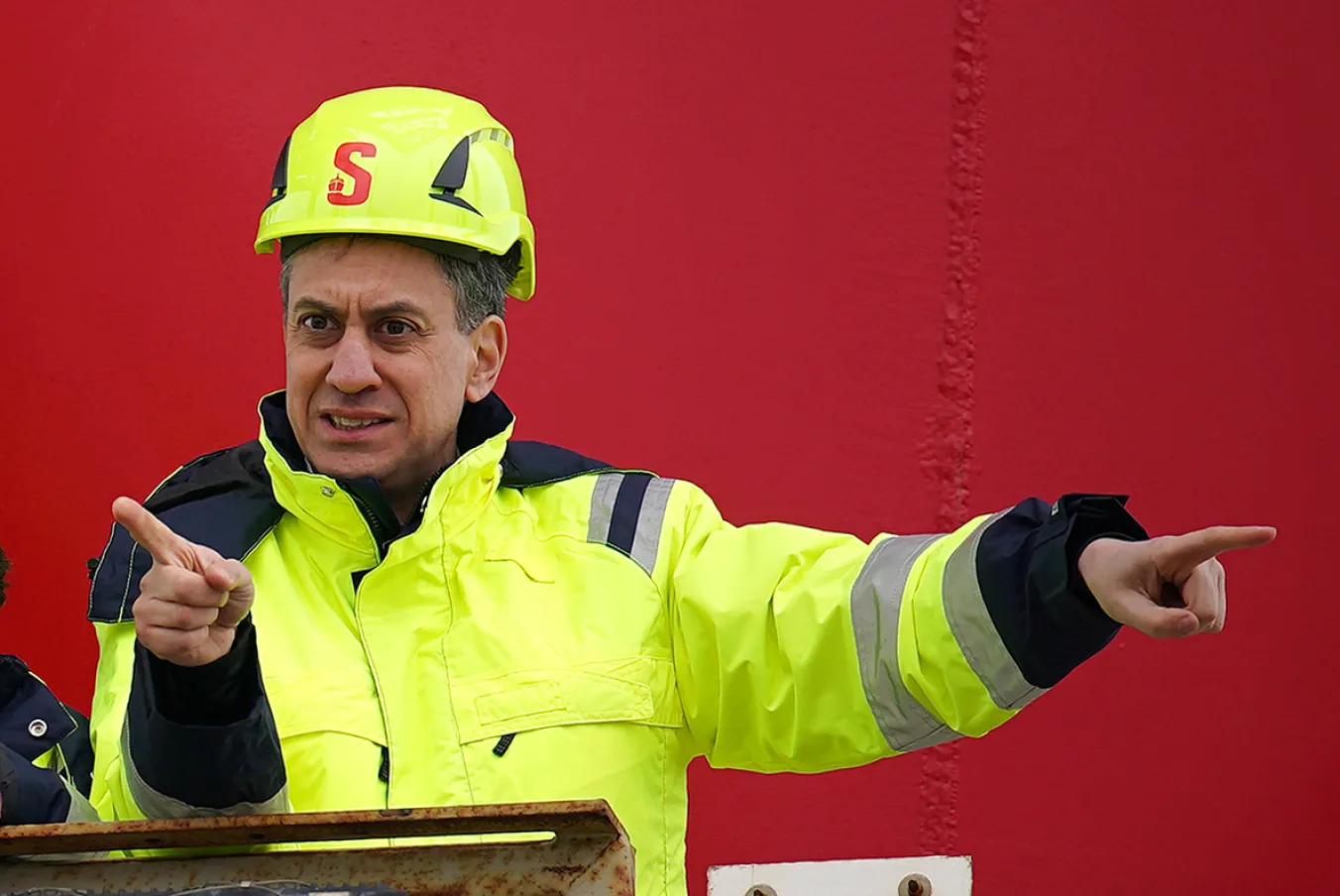
THE British government has announced it will invest almost £22 billion in carbon capture and storage (CCS) projects over the next 25 years. The technology works by capturing CO₂ as it is being emitted by a power plant or another polluter, then storing it underground.
This sounds great in theory. However, it seems Labour has been swayed by the fossil fuel lobby, which has pushed CCS for years. This announcement represents a massive bet on a still unproven technology, and will lock Britain into fossil fuel dependence for decades to come. The Climate Change Act mandates that Britain should achieve net zero emissions by 2050, yet this will be impossible if carbon capture leads to Britain building new gas power stations instead of wind and solar farms.













